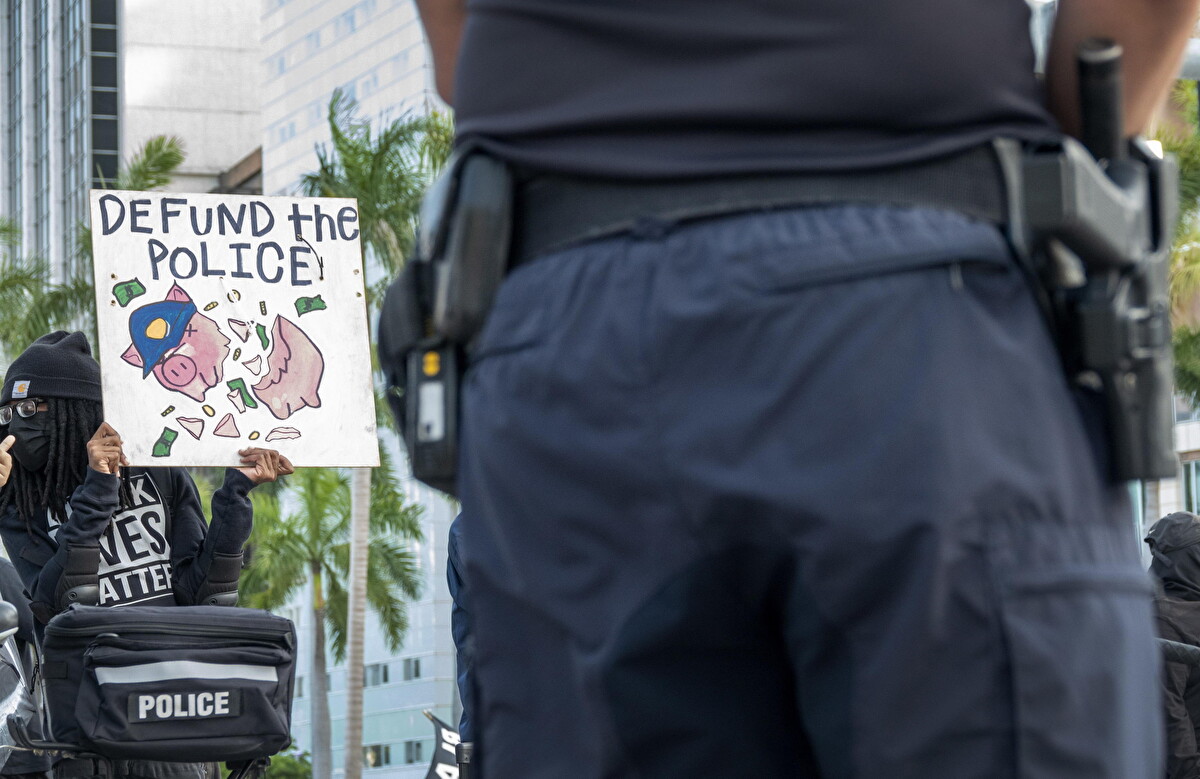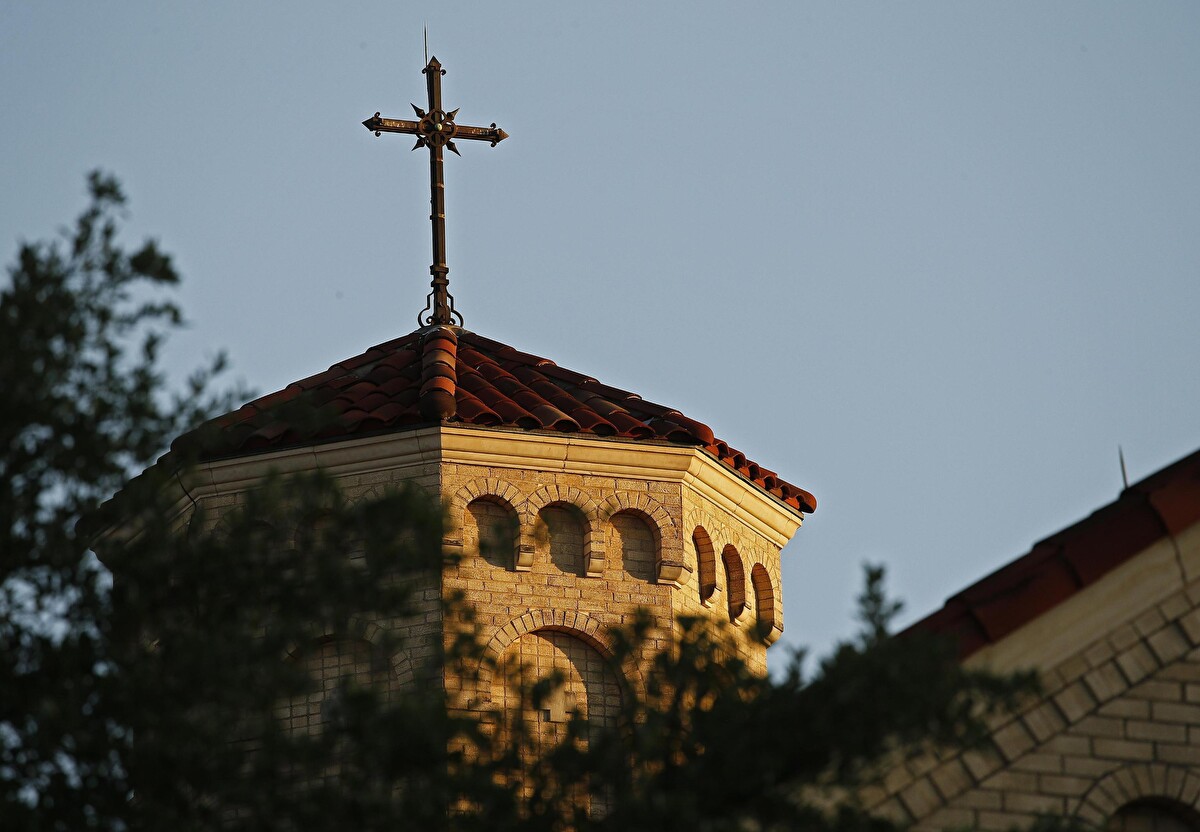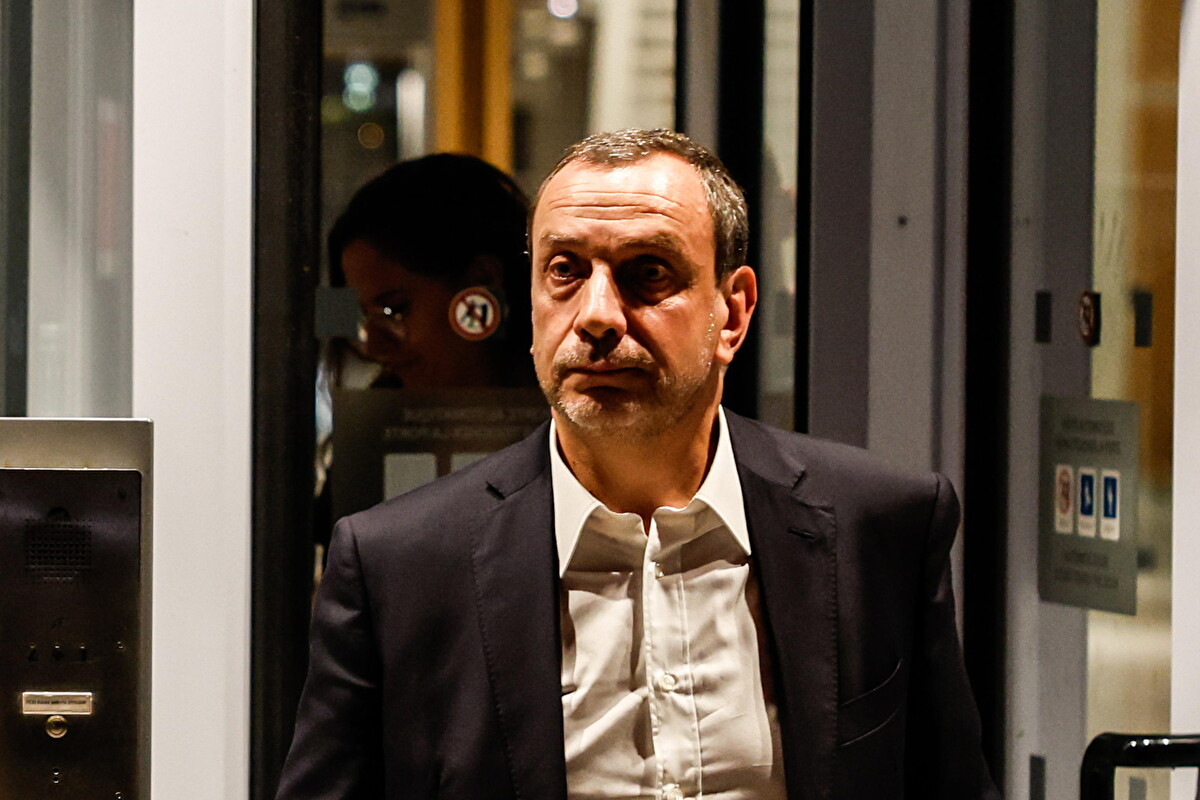As the nation grappled with the chaos of racial justice protests in the summer of 2020, a different kind of turmoil unfolded behind closed doors in the White House. Donald J. Trump, then-President, seemed driven by a frenzied desire to assert control, even if it meant treading on the foundational principles of American democracy. Unfazed by the warnings of his military and legal advisers, who cautioned against the use of federal troops to quell domestic unrest, Trump dismissed their concerns with disdain, branding them “losers” for their reluctance to embrace his draconian vision.
It was no isolated outburst. Throughout his first term, Trump flirted repeatedly with the idea of using military force within the nation’s borders—a notion that not only defies the sanctity of civil liberties but also threatens to dismantle the delicate balance of federal power. Trump apparently envisioned a country where the military could be wielded like a sledgehammer to enforce his will, whether that meant patrolling the border with Mexico, suppressing protests that spilled over into violence, or imposing order in cities governed by progressive adversaries.
The allure of authoritarianism is not new to Trump. Long before his presidency, he spoke with an almost wistful admiration for the Chinese Communist Party’s brutal crackdown on pro-democracy demonstrators in Tiananmen Square. That same year, Trump described the massacre as a display of “strength,” albeit cloaked in the language of regret. Fast forward to 2016, and during a Republican primary debate, Trump once again touched upon Tiananmen Square—this time referring to the demonstration as a “riot” that was effectively suppressed by a “strong, powerful government.”

By 2020, his affinity for authoritarianism had crystallized into a full-blown strategy. The murder of George Floyd ignited a wave of protests across the nation, some of which devolved into chaos as anarchists exploited the turmoil. In cities like Portland, federal officers, often devoid of identification, descended upon the streets, their presence a stark reminder of Trump’s desire to project force. Yet, even as the nation grappled with the dual crises of racial injustice and civil unrest, Trump’s impulses grew darker. Enraged by the protests outside the White House, and particularly incensed by reports that he had taken refuge in a bunker, Trump demanded a show of force that would echo through history.
It was at this juncture that the Insurrection Act—an 1807 statute granting presidents the extraordinary power to deploy federal troops on American soil—became the focal point of Trump’s ambitions. The law, last invoked in 1992 to restore order during the Los Angeles riots, could, in Trump’s hands, serve as the linchpin of a new, more oppressive form of governance. Senior aides, including then-Secretary of Defense Mark Esper and Attorney General William Barr, recoiled at the prospect, viewing it as an existential threat to the Republic’s foundational principles. Yet, despite their resistance, Trump remained undeterred.
The Insurrection Act is a double-edged sword—a relic from a bygone era when the nation’s very survival hung in the balance. Historically, it has been invoked with caution, a last resort in times of extraordinary peril. But for Trump, it was a way to cement his authority.
In the years since leaving office, Trump has not wavered from this perilous course – but has instead doubled down on his intent to use military force within the nation’s borders. At a 2022 conservative conference in Dallas, he openly declared that in cities where, in his view, the rule of law had collapsed, he would not hesitate to deploy federal troops—even without the consent of local authorities.
As the specter of a Trump second term looms large, allies have already begun laying the groundwork, crafting legal justifications for the use of the Insurrection Act not only against undocumented immigrants but also to “stop riots”—a euphemism for suppressing protests that challenge his authority.
A second Trump administration could unleash a cascade of authoritarian measures, from deploying troops to American cities to enforcing draconian immigration policies. The notion of a president so enamored with the trappings of military power that he would seek to use it against his own people is not just a theoretical concern; it is a looming reality.











